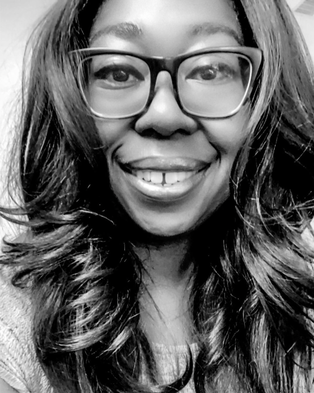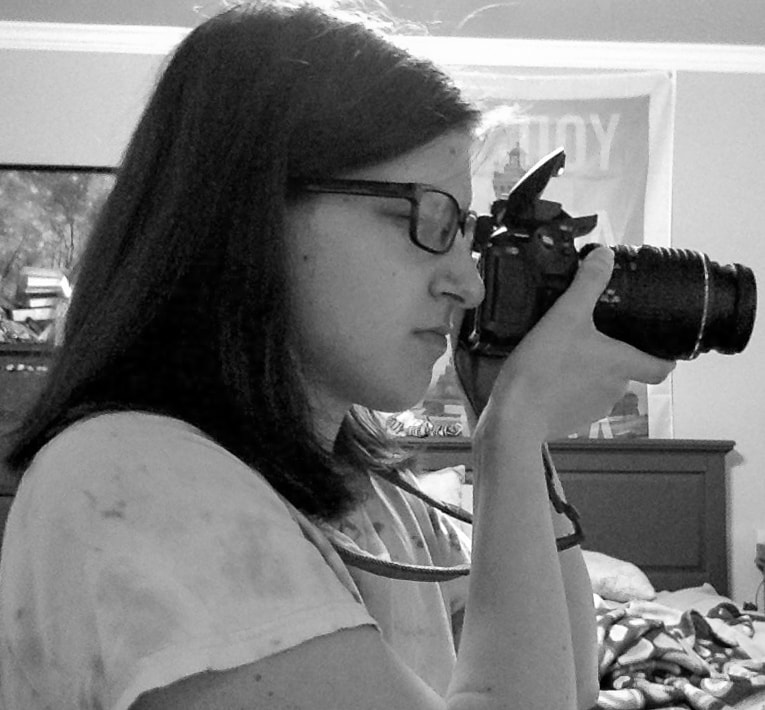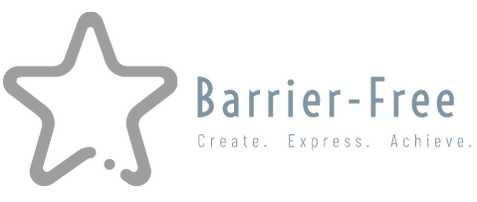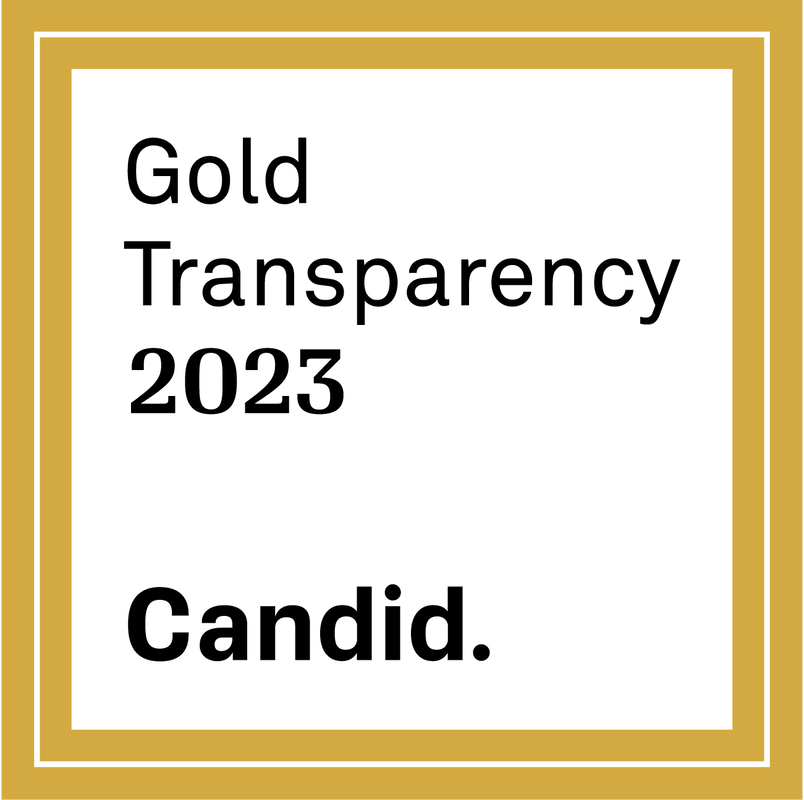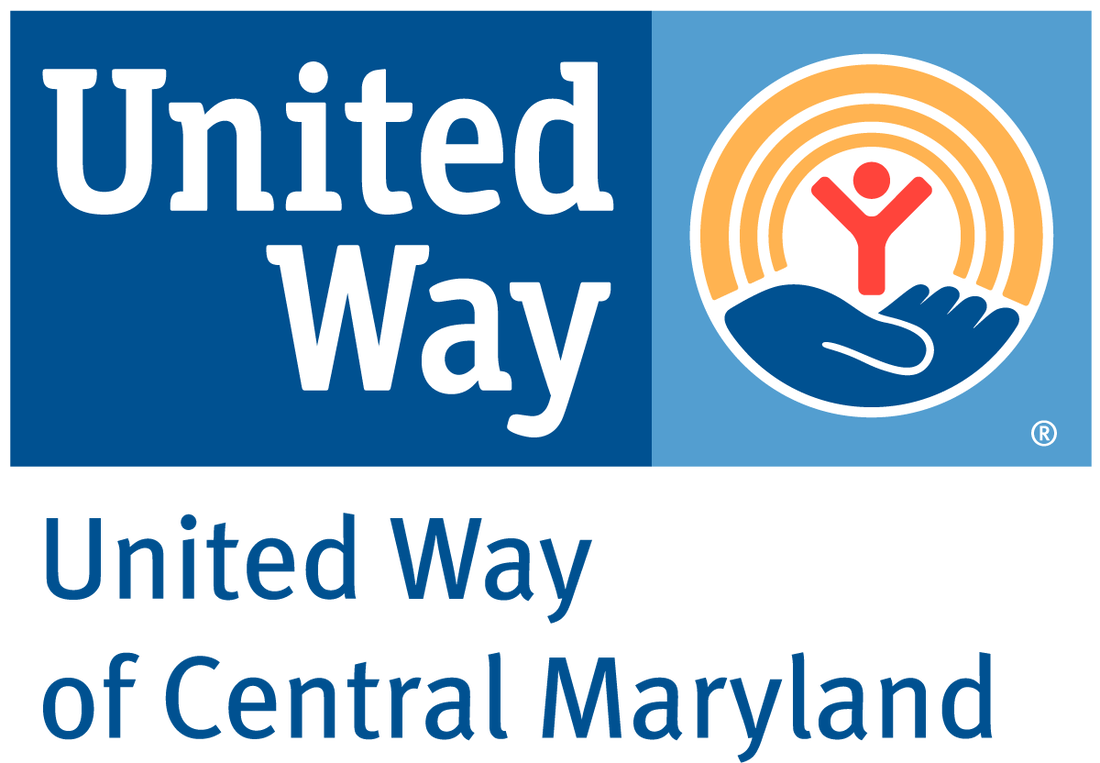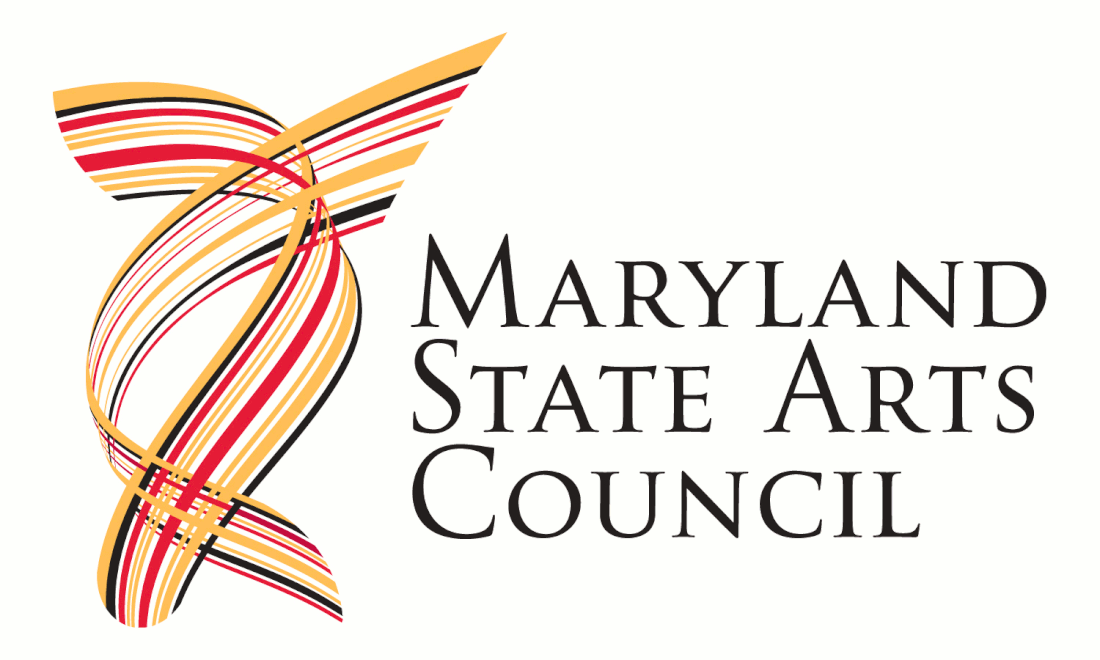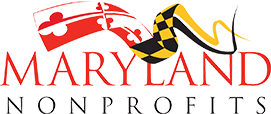|
This post is inspired by Tiffany Hammond of fidgets.and.fries on Instagram. Tiffany writes in her Instagram post, "I don't talk about identifiers. Most you will get out of me is, I am autistic, but I ain't gonna flip my lid cause you say I 'have autism.' I don't like the way the argument is presented on both sides. I wish people were allowed to use both interchangeably in certain settings (such as articles) or with those who aren't quite sure how they refer to themselves (such as Aiden). I wish that deeper conversations about other important issues could happen and not be derailed because someone said 'with autism,' or 'Autistic.' I wish there were spaces in the community for those like my son he doesn't wanna be *just* 'autistic.' He doesn't want to wear autism like a skin. He wants people to see him beyond his diagnosis and for him and so many others have an autism doesn't take away the fact the autism is an integration of part of his being it simply means he wants to be more than just his autism. That he is more than his autism." In the disability community and between care professionals, there's a divide on the language used to describe a person with a disability. There are two types of identities used to describe. One is called person first and the other is called identity first. Person first language sounds like "person with a disability," "woman with cerebral palsy," or "student with an intellectual disability." Person-first language uses the disability as a secondary identifier. Identity first language is the opposite of person first language. Identity first language sounds like "a disabled person," "autistic person," or "deaf person," Identity-first language puts the disability before the person. For me personally, I don't like identity-first language. I don't like the word "autistic." I have autism and it does affects every part of my life. "Autistic" gives me the wrong connotation about autism. Autism is a part of me, but it's not the only part. What I want to be called depends on where in my social circle a person falls. If you're a stranger, researcher, doctor, or person in the community, I'm only comfortable with person-first language. I find it offensive if they use identity-first language. If you're an acquaintance, friend, or family I don't mind if they use identity-first language, but I still prefer person-first language. When we are talking about individuals with a disability, there are certain words that should never be used. These include "handicap," "impaired," "wheelchair bound," "confined to a wheelchair," "suffers from," and "retarded." When we are discussing language around disability we have to remember every person will have different preferences on how the prefer to be addressed. Some may only want person-first, some identity-first, both, or neither one. As care professionals, we have to respect each individual's choice on how they like to be identified. Sources: |
Written by Emily WachterEmily Wachter is the owner and entrepreneur of Photography through Autism. She is a lifelong writer and photographer with a passion for disability rights, social justice, and psychology. She is a college student at Carroll Community College with dreams of being a social worker. In addition to autism, Emily has a plethora of other physical and mental conditions, which include: Attention Deficit Disorder, Generalized Anxiety Disorder, Depression, 3Q29 Deletion Syndrome, Non-classical Diamond Blackfan Anemia, and Deaf in my right ear. Emily has spoken on a number of disability panels on living with autism and experiences of bullying. She is involved with a number of disability groups in Maryland, including YoungLife Capernaum, Disability Express Group, and Special Olympics. In her free time, she likes spending time with family and friends, coloring, and shopping. |
Leave a Reply.
About our Blog
The Barrier-Free blog exists as a space to share Barrier-Free news, helpful information, and a creative sharing space.
Enjoy!
Archives
March 2024
October 2023
September 2023
July 2023
March 2023
February 2023
January 2023
December 2022
November 2022
October 2022
September 2022
July 2022
June 2022
April 2022
March 2022
February 2022
January 2022
December 2021
November 2021
October 2021
September 2021
August 2021
July 2021
June 2021
May 2021
April 2021
March 2021
February 2021
January 2021
December 2020
November 2020
October 2020
September 2020
August 2020
July 2020
June 2020
May 2020
March 2020
February 2020
December 2019
November 2019
October 2019
September 2019
August 2019
Categories
All
Actor Spotlight
Disability Awareness & Activism
Grant Announcement
Life Skills Studio
Newsletters
Social Club
Theater
|
Copyright © Barrier-Free 501(c)(3) All rights reserved.
|
|

